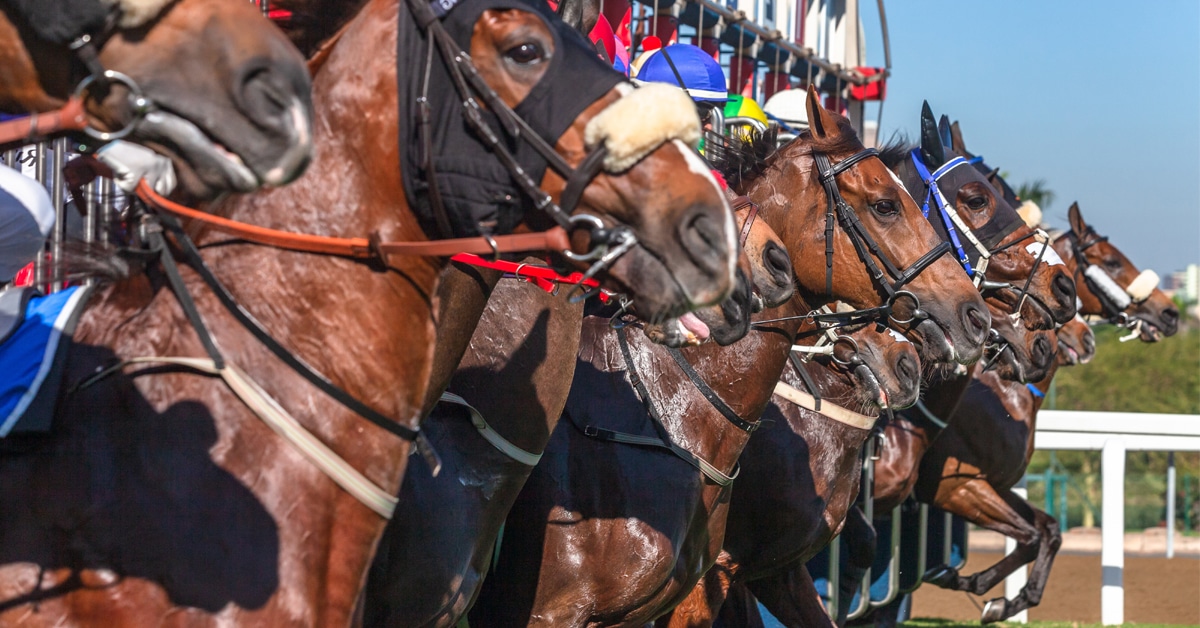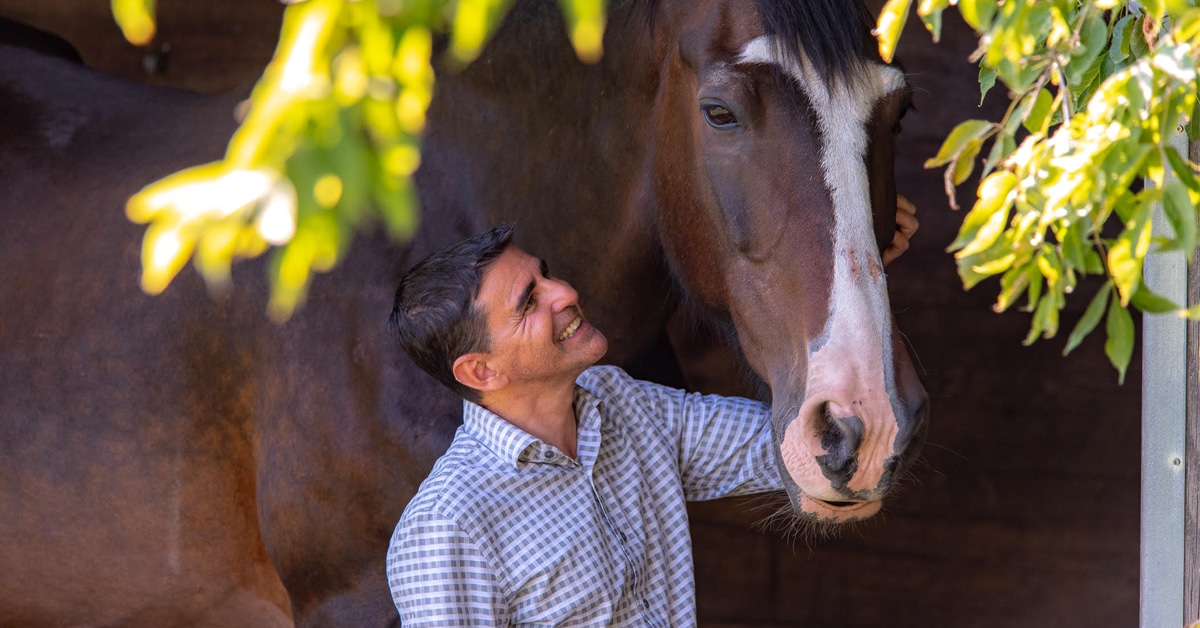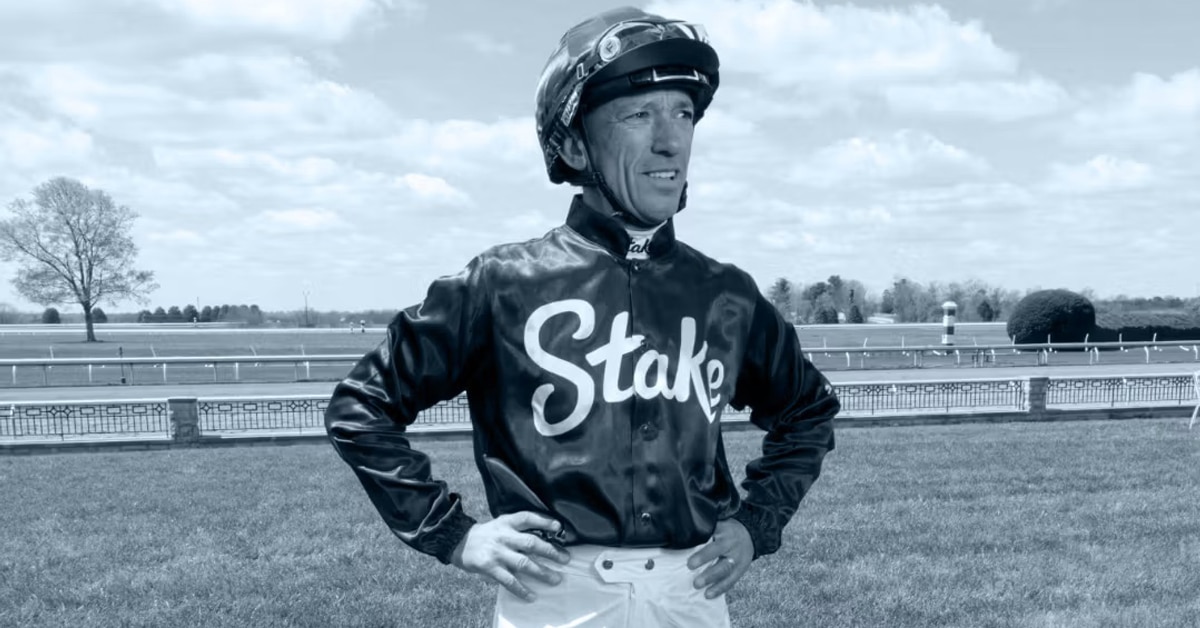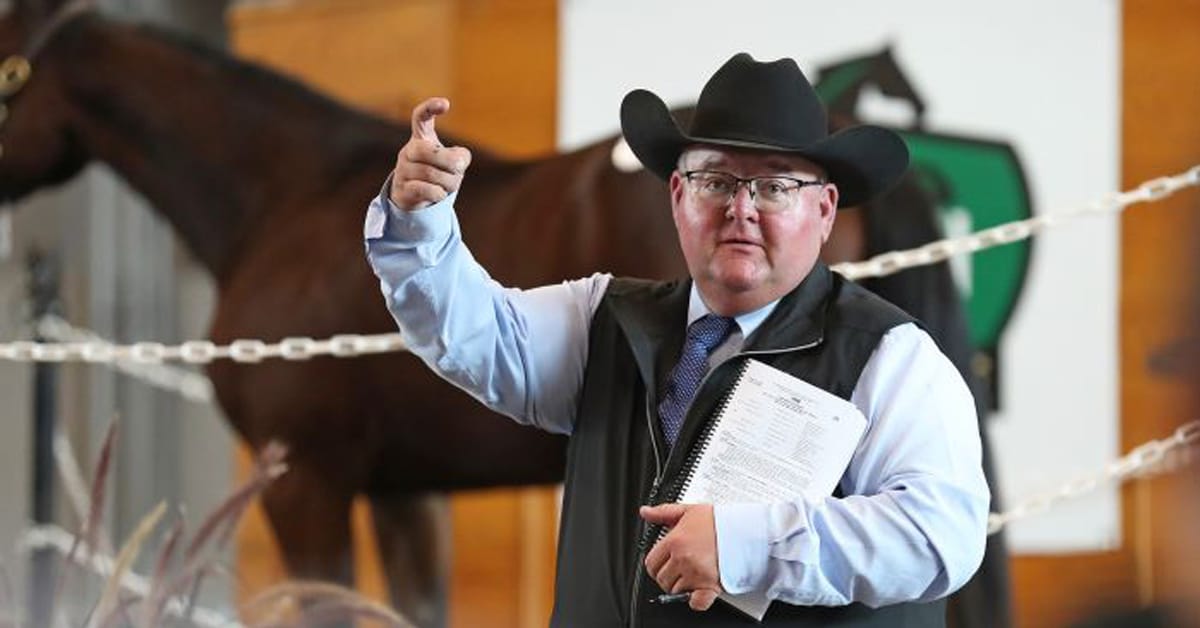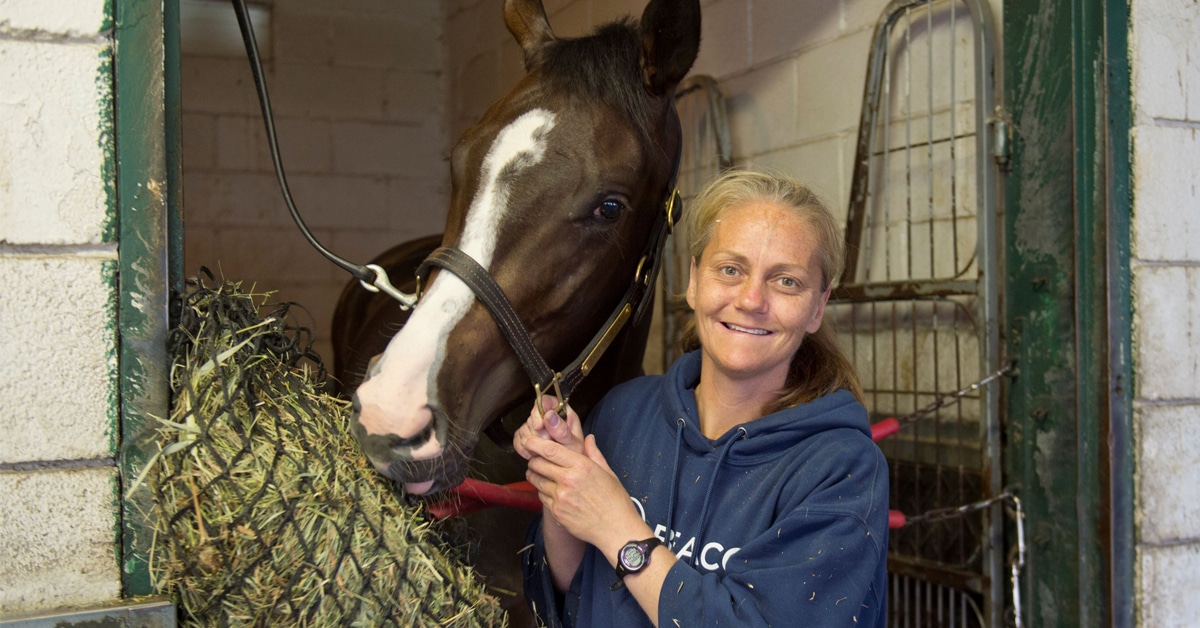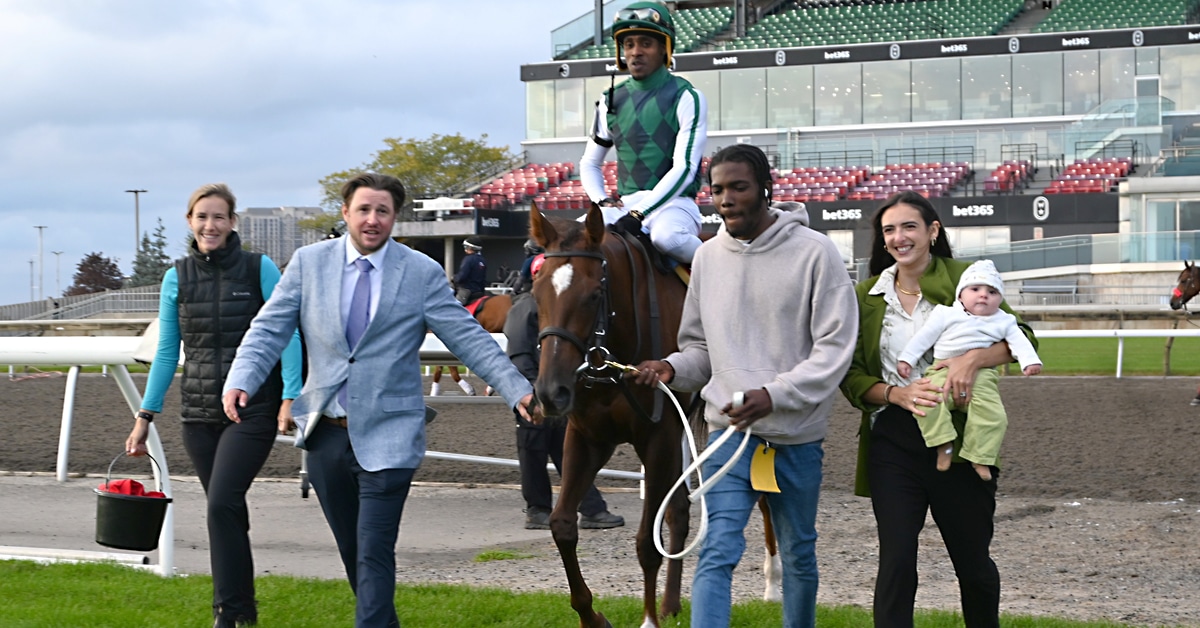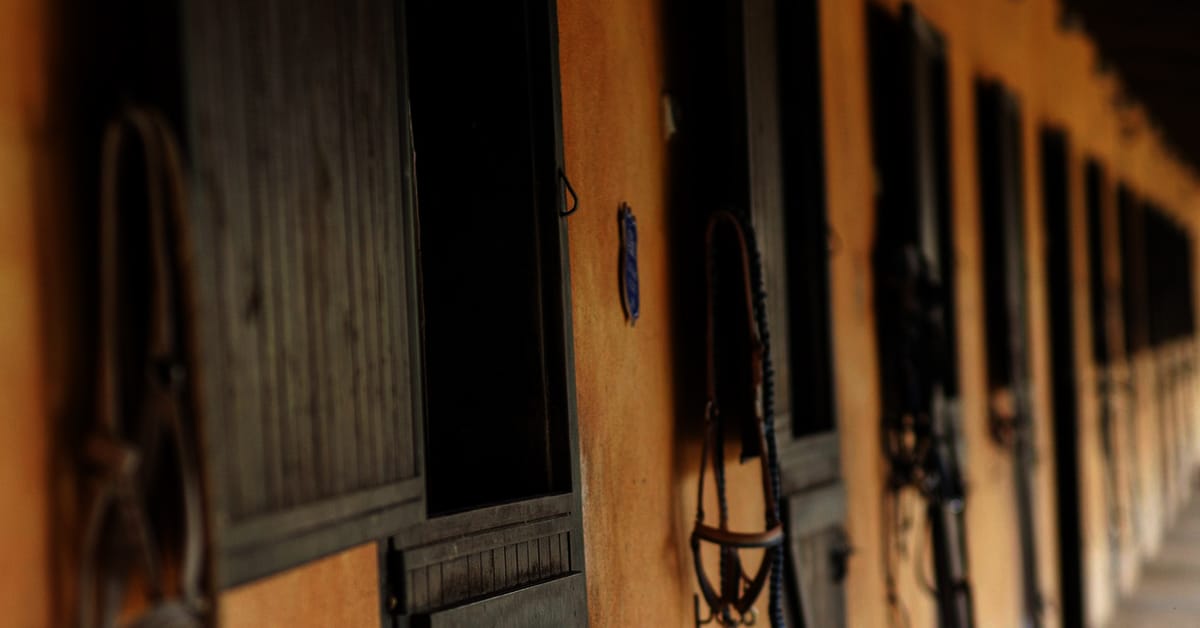Ellen Downey is always grateful, yet never surprised when she sees the profound difference a horse can make in someone’s life.
For nearly 25 years, Downey, the chief executive officer, director, and creator of Tuff Therapeutic Riding, has witnessed, first-hand, the lasting impact horses have on those who utilize the program’s complement of services.
Tuff provides therapeutic riding for at-risk youth in Ontario, empowers them to address their mental health, and with the guidance and support of the volunteer team and horses, change their lives.
“I love to see the transformation from the exterior to the interior,” said Downey. “What I mean by that is that these kids have a lot of things that protect them. When we get to see the vulnerability and genuineness of the kid connecting with that horse, it is magic. It makes me happy every time.”
Tuff Therapeutic Riding Foundation serves youth who are involved with Child Welfare Services, youth struggling with addictions, and 2SLGBTQI+ youth.
Those who come to the non-profit charity’s farm, the aptly named Jewel View, are afforded the chance to learn basic horsemanship and riding skills.
There are 12 dedicated program horses, including five Royal Canadian Mounted Police geldings, who call Jewel View home.
Located just outside of Alliston, about one hour north of Toronto, Jewel View, situated on 100 acres of rolling hills, is a modern equestrian facility showcasing multiple turnout options, and large box stalls.
The farm, which also has an indoor and outdoor riding area, affords the youth who come to Jewel View an unconventional environment and approach to addressing their mental health needs.
“I have been a social worker for at-risk youth for 30-plus years and I knew that teenagers don’t like conventional forms of therapy,” said Downey. “One thing I have never taken for granted is how magical the horses are in giving the kids what they need and understanding what they need. It’s a powerful thing.
“The kids feel the connection and the bond immediately – it never seems to take long. Horses are very unconditional animals and very emotional. Our teenagers who come here are very emotional too. The more emotional a teenager becomes, the more they will feel that dysfunction in their lives and react to it. Horses understand what kids need.”
Downey herself would know.
Her association with horses traces back to her early school days, a bond that would ultimately lead to the creation of Tuff.
“I’m a lifelong rider. I have been riding since I was five. I started all of this because my experience with horses was very special, and I wanted to share that.”
Initially started in 2001, Tuff was run in partnership with Youthdale Treatment Centres. In 2020, Tuff Therapeutic Riding Foundation was established as a registered charity using the same program model, but under a new name.
The program was designed using a 10-week model specifically designed for youth at risk. Tuff assists youth who are struggling with mental health issues, and addictions, as well as the 2SLGBTQ+ community, and victims of sex trafficking.
Youth are referred from Child Welfare, and mental health organizations within Southern Ontario and the Toronto area, including Pine River Institute & Covenant House, and Dufferin Child and Family Services.
“I have a structured curriculum that builds on basic horsemanship – they learn to ride and to take care of the horse,” noted Downey. “At the same time, it builds on addressing their mental health.”
Each week is crafted to provide new optimism for everyone enrolled in the program.
“What ends up happening is that the kids end up regulating themselves because they are on top of a powerful horse. They have to have some impulse control because they are taking care of this beautiful horse.
“They have to solve a lot of problems when they are on a horse and they have to do it in a very structured, calm, relaxed way – that is something most teenagers struggle with.”
Downey recalled a recent conversation with a youth during a session she created named ‘Make a Plan.’
“One kid turned to me and said, ‘I can’t make a plan to save my life. How am I going to make a plan for this horse?’ I told him he just had to do it. He realized if he could make a plan for the horse that he could make one for himself. That is a result of the concreteness and emotional empathy that a horse conveys.”
As noted on the Tuff website, the program’s goal “is to create an experience where each participant feels successful, empowered, and connected to their horse.”
The youth that Downey watches complete the program are not the same ones she met at the start.
“One thing I hear is that they say they feel much calmer. For many of these kids, their anxiety is buzzing all the time, and they can’t find that space to feel calm. The reduction of anxiety and change of headspace is almost immediate.
“A lot of times we hear that the horse gave them a voice. They felt as though they didn’t have a voice before, so that is very significant. That typically happens after a few weeks.”
At the end of each week, Downey will engage the group in discussion.
“I do a check-in and ask them for a word that describes how they feel when they come in. We do a debrief at the end of each group where we talk about what was good or bad about the day. It’s a common way to process emotions and feelings in therapy. We talk about their horses and them.
“During those moments, I reflect and ask them what their word was then and what it is now. They have the chance to speak and identify that change.”
Some of the most gratifying moments for Downey come when the youth get their first leg-up on a program horse.
They are scenes she never tires of.
“Another thing the kids all talk about is how the whole world disappears. Everything that you think about and are worrying about is gone for the time you are on that horse. That is powerful for them, to have that break and feel that connection with the horse.”
Downey remembered such a moment, one that nearly brought her to tears.
She has never forgotten the touching interaction.
“The saddest thing I have ever had said to me was from a kid who had no family. He said, ‘I now know what happy feels like.’ I almost cried.”
On another occasion, Downey stood back and listened to a conversation, a one-sided chat that set the foundation for a young participant to open up about their struggles.
“One kid needed to talk, and it was as if the horse needed to hear it. The kid started talking about video games – how to play them, how they were involved and all the levels they reached – and after a few weeks, this kid started talking to the horse about how he felt. It was amazing to watch that shift.”
Downey will undoubtedly see many more of those shifts through the programs offered during the summer and throughout the year.
One of the Tuff programs is funded by Woodbine Cares.
Woodbine Entertainment, through its Woodbine Cares initiative, helps build relationships and initiatives that contribute to healthy places to play, work, live, learn and grow.
Guided by three themes – Vibrant and Connected Communities, For the Love of Horses and the Environment & Sustainability – Woodbine fulfils that mission through various initiatives including legacy donations to major community institutions; microgrants through Community Investment Program; supporting employee engagement opportunities that focus on volunteering and giving; and programs and activities that lead to a greener future.
“The summer program we do that Woodbine Cares has funded is specifically for the 2SLGBTQI+ group,” said Downey. “During the year, these people have a clinical support group, but in the summer they don’t, so we pick up that when they come here.”
Downey’s hope, as always, is for those who participate in the Tuff Program to depart Jewel View in a better place.
Her goal is that they do.
“When they leave and have big smiles on their faces – they don’t have that look when they first come in – I just love it. That means more than I could ever say.”
The Latest
